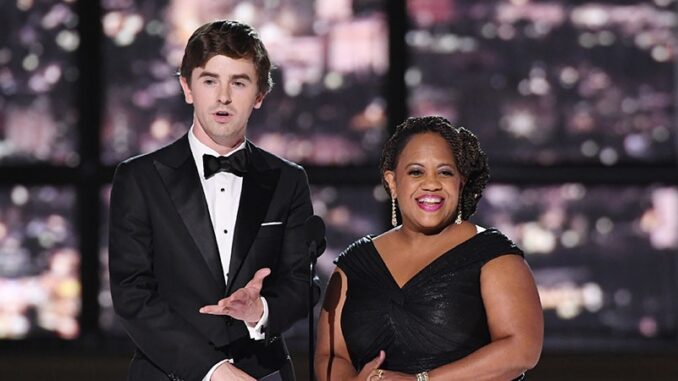
When The Good Doctor earned the prestigious Humanitas Prize in the 60-minute category for its pilot episode, “Burnt Food,” it marked a moment of validation for a series that had dared to put empathy at the center of its storytelling. Created by David Shore, the drama introduced audiences to Dr. Shaun Murphy, a young surgical resident with autism and savant syndrome, whose extraordinary medical skills exist alongside profound social challenges. From its very first episode, the show sought to break down stereotypes, offering a character whose value was defined not solely by his abilities, but also by his humanity.
The Humanitas Prize is awarded to works that promote compassion, explore the human condition, and inspire change—qualities that “Burnt Food” embodied from start to finish. The episode’s narrative wove together themes of prejudice, perseverance, and the quiet courage it takes to be different in a world that often resists difference. In watching Shaun navigate the skepticism of colleagues and the pressures of the operating room, audiences weren’t just seeing a medical drama unfold—they were seeing a meditation on acceptance, dignity, and the necessity of looking beyond first impressions.
This recognition also affirmed The Good Doctor’s broader mission: to use prime-time television not merely as a platform for entertainment, but as a lens through which viewers could examine their own perceptions of ability, worth, and inclusivity. The award underscored the fact that representation on screen matters—not as a box to be checked, but as an active, ongoing commitment to telling stories that reflect the breadth of human experience.
In winning the Humanitas Prize, The Good Doctor joined the ranks of television’s most socially impactful dramas, proving that a medical series could be both gripping and profoundly humane. It was a victory not just for the show’s cast and crew, but for audiences who long for narratives that balance tension with tenderness, and skill with compassion. “Burnt Food” remains a testament to the idea that the heart of great storytelling lies not only in what happens, but in how deeply it makes us feel—and how much more deeply it makes us care.
